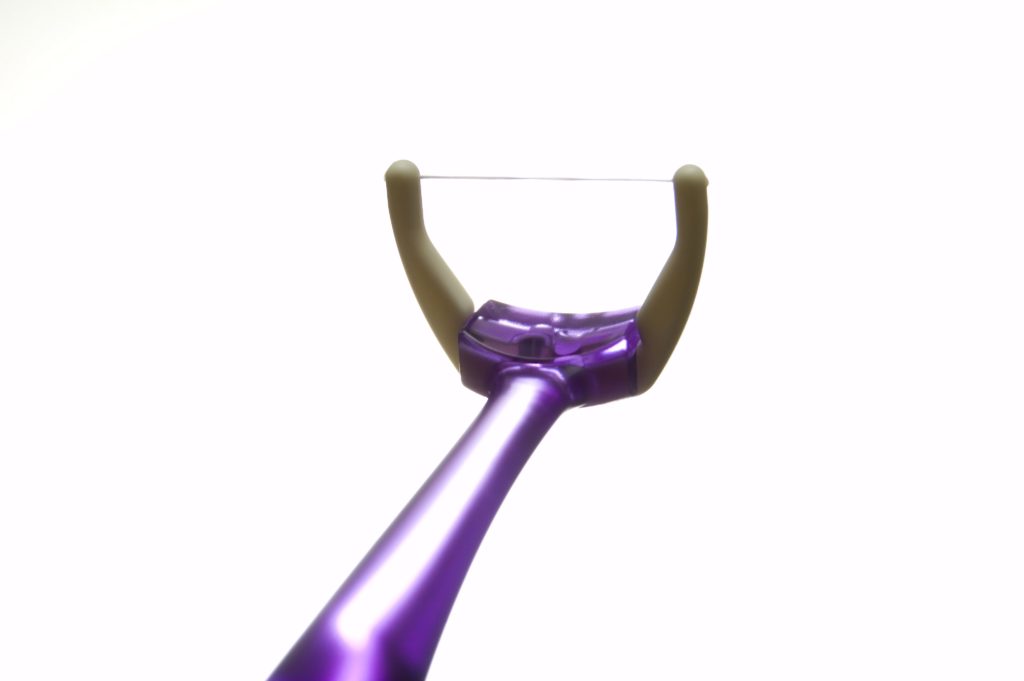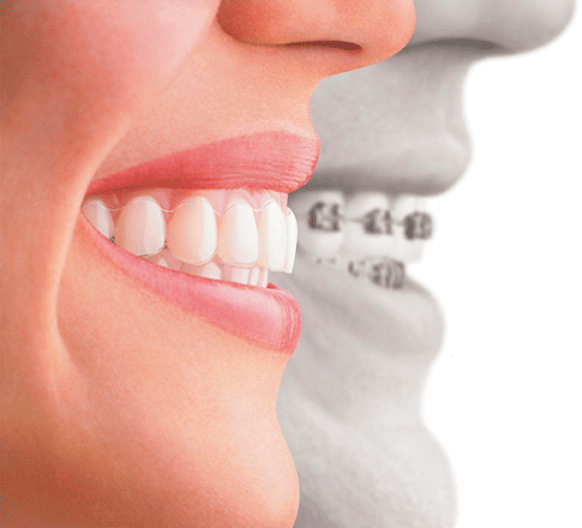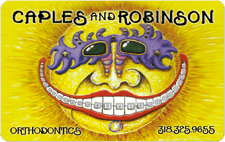
It’s natural that your braces may seem annoying, or even painful at times. While they definitely take some getting used to, you should know just how far braces have come since teeth straightening technology began in Ancient Egypt. That’s right, egyptian mummies have been found with metal bands wrapped around their teeth. Instead of wire or elastic, the Egyptians used a natural cord made out of animal intestines called catgut to tighten the metal. But that’s far from the strangest technique humans have used to straighten their teeth.
The Ancient Greeks and Romans were also concerned with creating straighter smiles. A Roman writer called Pliny the Elder, who is responsible for the famous line “home is where the heart is,” recommended pushing on teeth with your fingers and filing them down regularly.
In the 18th century, a french man named Pierre Fauchard, often referred to as the Father of Dentistry, began experimenting. Using a giant pair of metal tweezers called forceps, he would realign teeth by hand and tie them together so they would stay in place while healing- all without any modern anesthesia. Thankfully times have changed.
Braces are advancing faster than ever as the use of plastics and 3D printers begins to develop. Technology such as plastic aligners, lingual braces and retainers help straighten teeth with ease, not to mention much less painfully.
While braces may not be your favorite accessory, we want to ensure that you have as comfortable a process as possible. Contact Caples & Robinson Orthodontics to schedule your next appointment.














